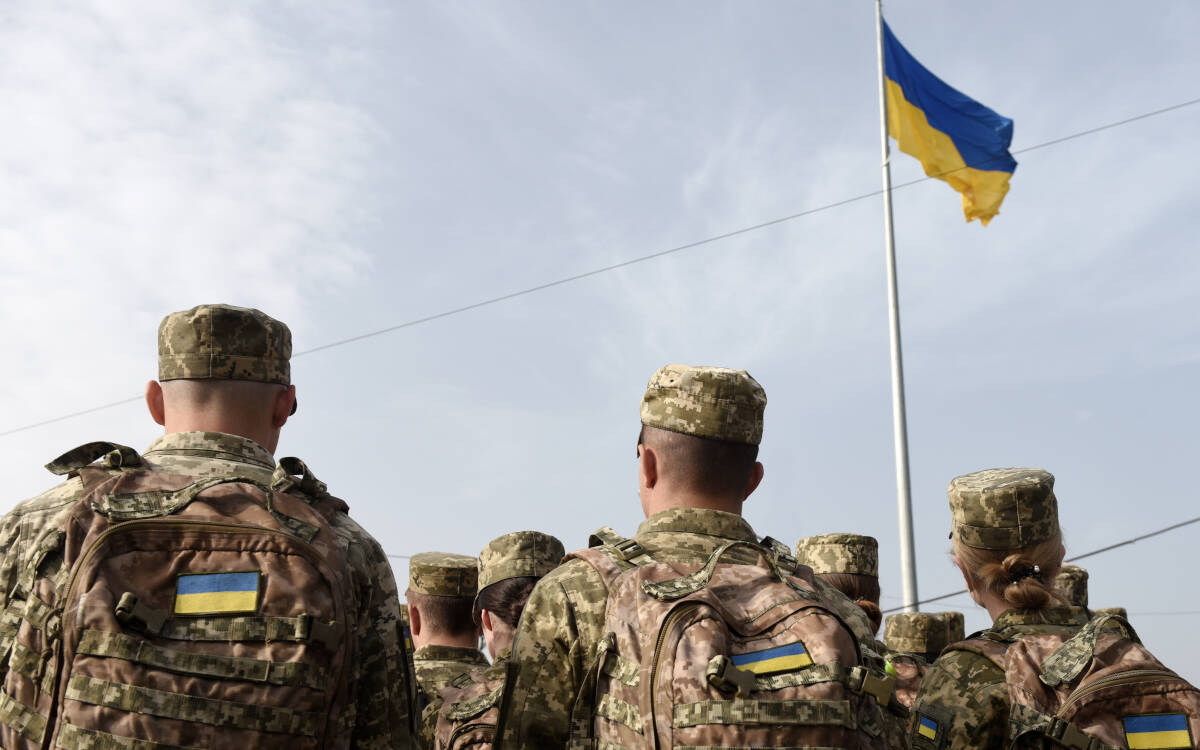Amid the ongoing war, men in Ukraine are increasingly looking for ways to avoid mobilization, seeking both domestic and international human rights mechanisms. Ukrainian law severely restricts the ability to challenge mobilization, even when it is conducted illegally. As a result, lawyers and human rights defenders are turning to international organizations for help. One of the key documents influencing this discussion is the opinion of the Venice Commission of the Council of Europe (VCE), which questioned the legality of a complete denial of alternative service during wartime.
What do international bodies think about the situation, and what consequences could this have for Ukraine?
Venice Commission: The right to refuse service must be protected
In March 2024, the Venice Commission of the Council of Europe issued an advisory opinion on Ukraine’s mobilization. This was in response to a request from the Ukrainian Constitutional Court, which had reviewed the case of a believer who refused military service due to religious convictions.
Previously, Ukrainian courts ruled that alternative civilian service during mobilization was impossible because the duty to defend the country was deemed more important than personal beliefs. However, international experts disagreed.
The Commission emphasized that, according to the European Convention on Human Rights (ECHR) and the International Covenant on Civil and Political Rights (ICCPR), countries are required to offer alternative service. Furthermore, this service should be independent of the military structure, non-punitive, and have reasonable time limits.
Additionally, the Commission stated that even during wartime, the right to refuse service cannot be completely revoked. Experts also said that Russia’s invasion does not justify violations of international standards.
“No state can force a person to bear arms if it contradicts their beliefs, even in wartime,” the Commission’s opinion stresses.
Ukrainian complaints to the ECHR and UN: Human rights mechanisms are working
Before the Venice Commission issued its opinion, Ukrainian citizens had already approached international bodies. In early 2024, several Ukrainian complaints were registered with the European Court of Human Rights (ECHR), challenging the ban on leaving the country during martial law. They argued that such restrictions violated their right to freedom of movement, guaranteed by the Ukrainian Constitution.
Ukraine ranks third in the number of complaints to the ECHR, accounting for around 12.8% of all registered cases (approximately 8,750). In addition to the ECHR, Ukrainians are actively sending complaints to the UN Human Rights Committee.
In December 2023, the UN High Commissioner for Human Rights published a report stating that Ukraine’s mobilization policy contradicts the country’s international obligations. The report highlighted that the right to refuse military service on grounds of conscience is inalienable and cannot be restricted, even in times of war.
The UN also pointed to discrimination in Ukrainian laws: the right to alternative service is recognized only for certain religious groups, while other categories of citizens are denied such a possibility. This approach contradicts the principle of equality before the law and Ukraine’s international obligations.
Lawyers offer assistance: From challenging summons to complaints to the UN
In response to strict mobilization measures, there has been a sharp rise in the number of legal services related to military law in Ukraine. Many advertisements have appeared online offering not only help with challenging summonses but also with filing complaints at the international level.
Lawyers claim to have experience working with the ECHR, the UN, and other human rights organizations. Their services include preparing appeals, legal support, and representing clients in international courts. Some specialists also offer assistance in filing complaints with the Ukrainian ombudsman’s office and other state institutions.
Potential consequences: International pressure and domestic changes
Pressure from international organizations could lead to a review of Ukrainian legislation. The Ukrainian parliament is already considering bills aimed at reforming the alternative service system and expanding citizens’ rights during mobilization.
Moreover, increased human rights activity could influence future negotiations between Ukraine and its international partners. If pressure from the ECHR, the UN, and the Council of Europe intensifies, Ukraine may have to adapt its legislation to avoid sanctions and international claims.
As discussions about potential peace talks between Ukraine and Russia continue, more and more citizens are looking for legal ways to avoid mobilization. Decisions from bodies like the Venice Commission offer hope that their rights will be heard and that the government will be forced to comply with international human rights standards.
Nikola Jovanovic












